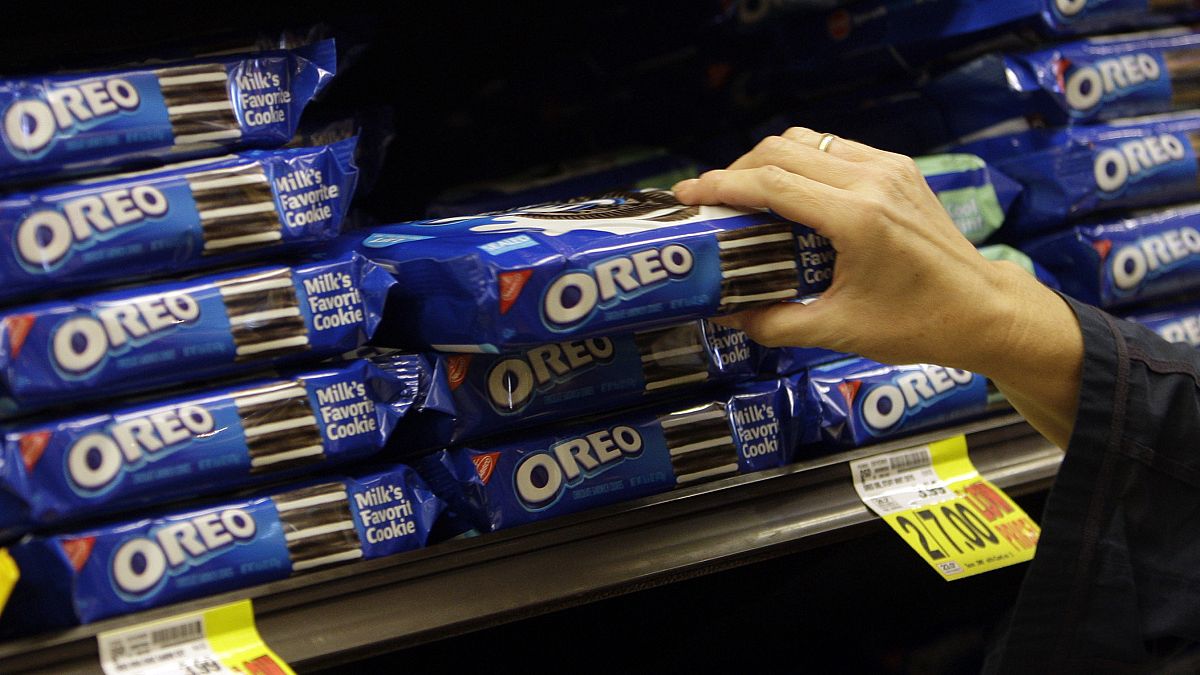The European Commission has fined Mondelēz, the maker of popular products such as Oreo and Toblerone, for restricting cross-border trade of chocolate, biscuits, and coffee within the Single Market. After a five-year investigation, the EU executive found that Mondelēz engaged in practices that prevented retailers from sourcing products from member states where prices were lower, resulting in higher prices for consumers in other countries. The Commission imposed a fine of €337.5 million on Mondelēz for breaching EU antitrust rules, with the fine reduced by 15% due to the company’s cooperation in the investigation.
The case focused on Mondelēz’s commercial practices that undermined parallel trade, where traders buy products in countries with lower prices to sell in countries with higher prices. By restricting parallel trade, Mondelēz was able to maintain higher prices for its products across the European Union. The company entered into agreements with traders to control where products could be sold, preventing them from selling in certain EU territories. This practice limited consumer choice and kept prices artificially high in some member states.
The Commission also found that Mondelēz abused its dominant position by removing Côte d’Or chocolate bars from the Dutch market to prevent them from being imported into Belgium, where the company sold them at higher prices. Additionally, Mondelēz blocked a broker in Germany from buying chocolates in Germany, where they were cheaper, and reselling them in countries where prices were higher. These actions further restricted competition and led to higher prices for consumers in various EU countries.
In response to the Commission’s decision, a Mondelēz spokesperson stated that the incidents in question were historical and isolated, with many of them ceasing prior to the investigation. The company emphasized that these incidents represented a limited part of its overall European business and were related to dealings with brokers. Mondelēz had already made provisions to finance the fine in 2023 and stated that no further measures would be necessary. The company maintained that the practices in question were not reflective of its overall business operations.
The Commission’s decision to fine Mondelēz highlights the importance of fair competition in the Single Market. By penalizing companies that engage in anti-competitive practices, the EU aims to protect consumers and promote a level playing field for businesses. Parallel trade is seen as a way to increase consumer choice and keep prices competitive, and restrictions on such trade are viewed as detrimental to the functioning of the Single Market. Moving forward, the Commission will continue to investigate and sanction companies that violate EU antitrust rules to ensure fair competition and lower prices for consumers across the European Union.





















